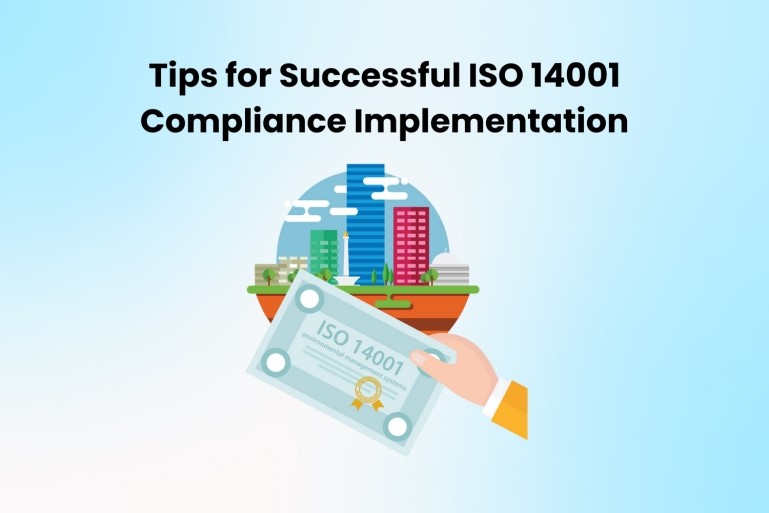Pregnancy is an exciting and transformative time in a woman’s life, but it can also be stressful. From hormonal changes to physical discomfort, there are many factors that can contribute to stress during pregnancy. Managing stress during pregnancy is crucial for both the mother and the developing baby. In this article, we’ll discuss the causes and effects of stress during pregnancy, as well as tips for managing stress and coping strategies for common stress triggers.
Causes of Stress During Pregnancy
There are many factors that can contribute to stress during pregnancy. Some of the most common causes include:
Hormonal changes:
During pregnancy, a woman’s body undergoes significant hormonal changes that can contribute to stress and anxiety.
Physical discomfort:
As the baby grows, a woman’s body undergoes physical changes that can be uncomfortable and sometimes painful, such as back pain, swelling, and difficulty sleeping.
Fears and uncertainties:
Pregnancy can bring up fears and uncertainties about the future, such as concerns about the health of the baby, childbirth, and becoming a parent.
Relationship and family issues:
Pregnancy can also put a strain on relationships, especially if there are pre-existing conflicts or communication issues.
Work and finances:
Balancing work and financial responsibilities with the demands of pregnancy can be stressful, especially if there is limited support from employers or family members.
Effects of Stress on Mother and Fetus
Stress during pregnancy can have negative effects on both the mother and the developing baby. Some of the potential effects include:
- Increased risk of preterm labor and delivery
- Increased risk of low birth weight
- Increased risk of developmental delays and behavioral problems in the baby
- Increased risk of postpartum depression and anxiety in the mother
Signs and Symptoms of Stress During Pregnancy
It’s important to be aware of the signs and symptoms of stress during pregnancy so that you can take steps to manage it. Some of the common signs and symptoms of stress during pregnancy include:
- Anxiety and worry
- Mood swings
- Difficulty sleeping
- Fatigue
- Physical discomfort
- Difficulty concentrating
- Irritability
Healthy Lifestyle Choices
Making healthy lifestyle choices can go a long way in managing stress during pregnancy. Here are some tips:
- Nutrition and hydration:
Eating a healthy diet and staying hydrated can help boost energy levels and reduce stress.
- Exercise:
Engaging in regular exercises, such as walking, swimming, or prenatal yoga, can help reduce stress and promote relaxation.
- Sleep:
Getting enough sleep is crucial for managing stress during pregnancy. Aim for 7-9 hours of sleep each night.
- Sex
Having Sex during pregnancy can also help you ease sex. Contrary to what people say, having sex during pregnancy does not have any negative effects. It rather helps relieve stress during pregnancy.
- Social Support
Having social support during pregnancy can be helpful for managing stress. Here are some ways to get support:
- Partner, family, and friends:
Lean on your partner, family members, and friends for emotional support and help with day-to-day tasks.
- Support Groups
Join a support group for pregnant women or new mothers.
- Counseling and therapy
Consider seeking counseling or therapy to work through any emotional or relationship issues that may be contributing to your stress.
Common Stress Triggers and Coping Strategies
Work and Finances
Balancing work and financial responsibilities with the demands of pregnancy can be stressful. Here are some coping strategies:
- Time management and organization: Plan ahead and prioritize tasks to reduce stress and increase productivity.
- Communication with employer: Talk to your employer about your pregnancy and any accommodations you may need to reduce stress and manage your workload.
- Financial planning: Create a budget and financial plan to help manage expenses and reduce financial stress.
Relationship and Family Issues
Pregnancy can put a strain on relationships, especially if there are pre-existing conflicts or communication issues. Here are some coping strategies:
- Communication and conflict resolution: Practice open and honest communication with your partner and family members, and work on resolving any conflicts in a healthy way.
- Boundaries and self-care: Set boundaries to protect your emotional and physical well-being, and prioritize self-care activities that help you reduce stress.
- Seeking professional help: Consider couples therapy or family therapy to work through any relationship issues that may be contributing to your stress.
Health Concerns and Pregnancy Complications
If you are experiencing health concerns or pregnancy complications, it’s important to seek medical care and support. Here are some coping strategies:
- Education and information gathering: Educate yourself about your condition and treatment options, and ask your healthcare provider any questions you may have.
- Support groups and counseling: Join a support group or seek counseling to connect with others who are going through similar experiences and to work through any emotional issues related to your health concerns.
- Practicing self-compassion and self-care: Be kind and compassionate with yourself, and prioritize self-care activities that help you manage stress and promote relaxation.
Conclusion
Managing stress during pregnancy is crucial for both the mother and the developing baby. By understanding the causes and effects of stress, and by using healthy lifestyle choices, relaxation techniques, and social support, pregnant women can reduce their stress levels and promote feelings of calmness and relaxation. Coping strategies for common stress triggers, such as work and finances, relationship and family issues, and health concerns and pregnancy complications, can also be helpful. Remember to prioritize self-care and seek help when needed, and enjoy the journey of pregnancy.












